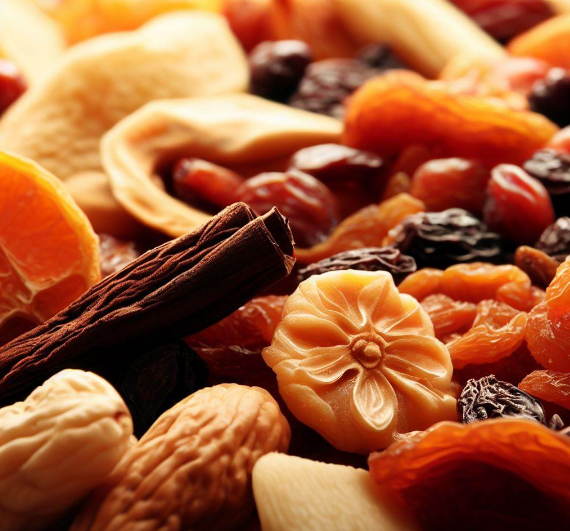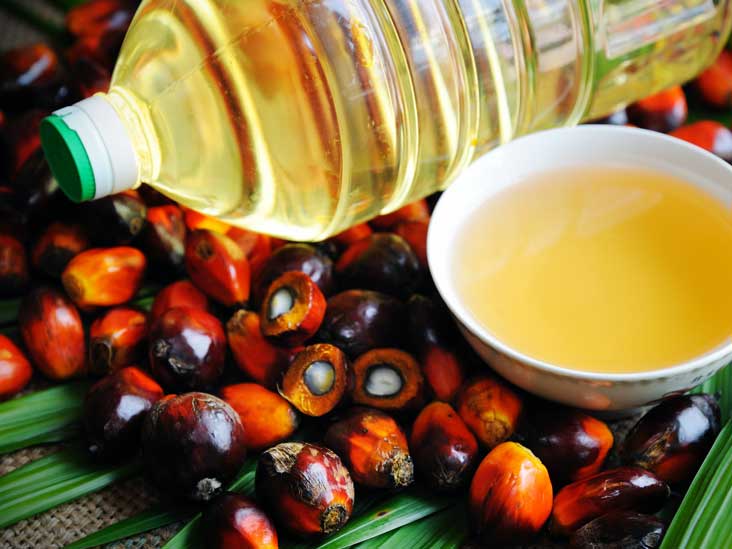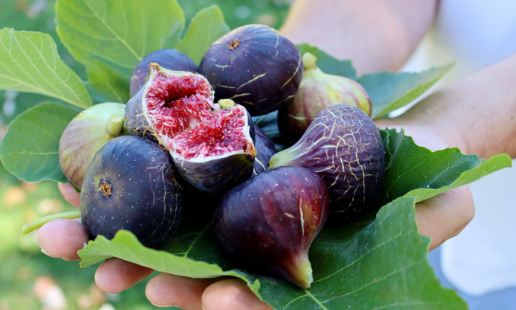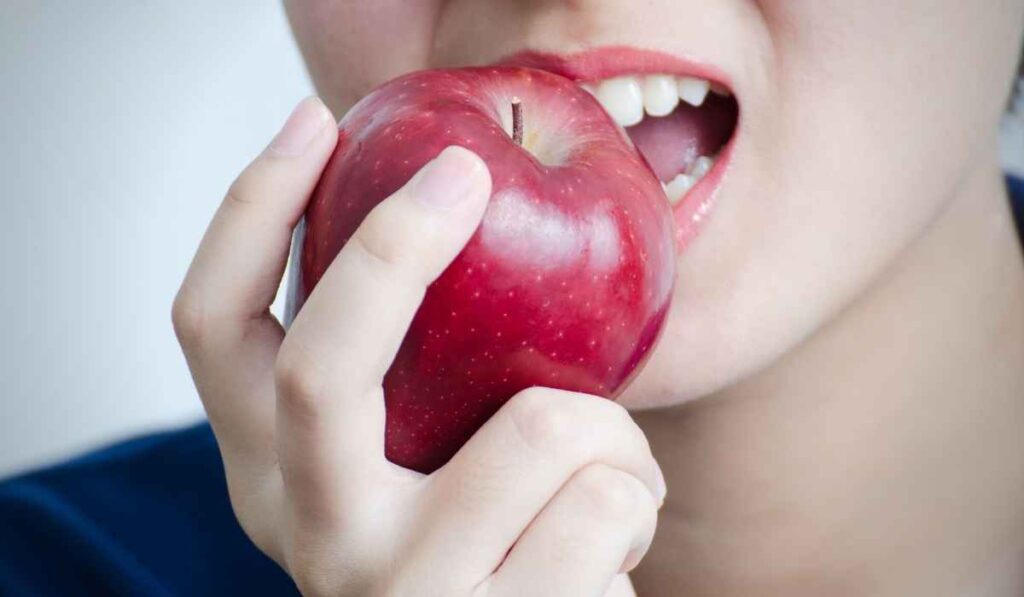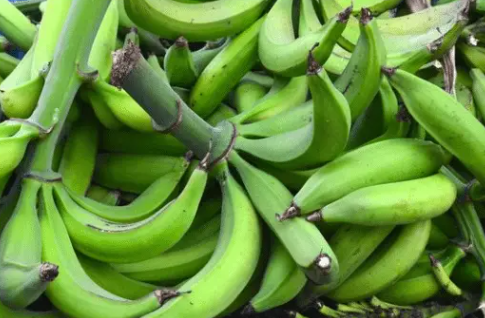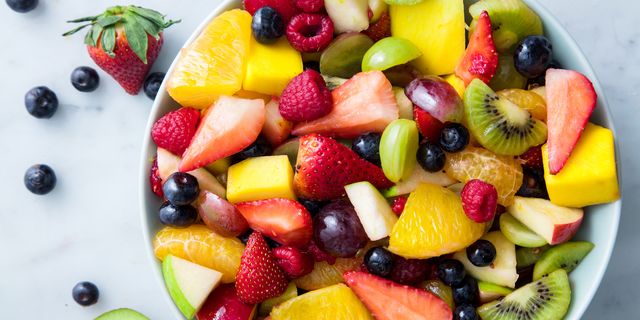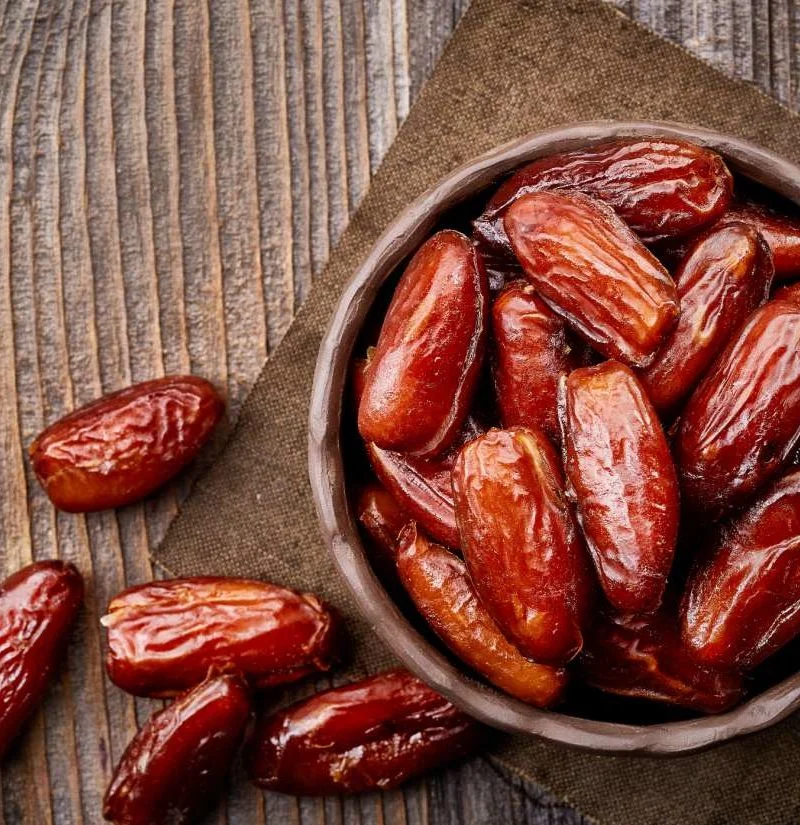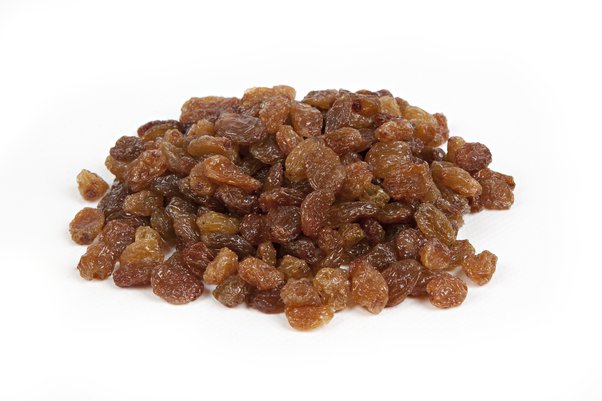Guinea pigs are lovely small animals that need the right mix of food to stay healthy and joyful. They can eat many different fruits and veggies, but it’s really important to know what is safe for them. A lot of people who have guinea pigs want to know if blueberries are okay for them to eat.
Are blueberries safe? How many can guinea pigs have? We’ll give you the answers to these questions and more details about giving blueberries to your guinea pig. Whether you own a guinea pig or just want to learn about their eating habits, keep reading to discover more.
Table of Contents
Is It Okay for Guinea Pigs to Eat Blueberries?
Yes, blueberries can be a nice and good snack for guinea pigs. They have a lot of vitamin C, which guinea pigs can’t make on their own but really need. Blueberries also don’t have too much sugar and are loaded with fiber, so they’re a healthy treat choice.
However, it’s important to start by giving your guinea pig just a little at first and not too much because a lot of blueberries might upset their stomach. You should also wash the blueberries well to clean off any bad stuff like pesticides, and you should not give them frozen blueberries as they might be too cold for their tummies.
A few fresh blueberries from time to time can be good for your guinea pig and make their meals more exciting.
How Many Blueberries Can Guinea Pigs Have?
It’s important to feed guinea pigs the right way, giving them food that’s good for them without giving them too much. For treats like blueberries, they shouldn’t be more than 10% of what your guinea pig eats. You can give them about 1-2 small blueberries a week.
Guinea pigs need to eat fresh hay all the time because it’s the main thing they should be eating. You can also give them a few pellets as a little extra, but not as their main food.
When it comes to veggies, give them about one cup each day, split into two times. Some good veggies for them include spinach, kale, carrots, and bell peppers.
To sum it up, make sure your guinea pig’s meals are mostly hay, with plenty of vegetables, a small bit of fruit (like blueberries) now and then, and just a few pellets sometimes.
Should Guinea Pigs Eat Fresh or Frozen Blueberries?
Fresh blueberries are the best choice when feeding them to your guinea pig.
Fresh blueberries don’t have preservatives, meaning they have no added sugar or syrup that could be bad for your pet.
Frozen blueberries sometimes have these added things and can be bad for your pet’s health.
Frozen berries are usually harder, which can be tough for guinea pigs to chew and could make them choke. Fresh blueberries are soft and easier for them to eat without any problems.
If you ever give your guinea pig frozen blueberries, make sure they’re completely thawed and warm before you give them so they’re easier to digest and not a choking risk.
All in all, fresh blueberries are much better for your guinea pig than the frozen kind because they’re safer and more nutritious.
Why Are Blueberries Good for Guinea Pigs?
Blueberries can be really good for your guinea pig for many reasons:
- Vitamin C: They’re full of vitamin C, which is very important for guinea pigs. It helps keep their skin, bones, and blood vessels healthy and their immune system strong.
- Fiber: They have a lot of fiber, which is needed for a happy tummy in guinea pigs. A fiber-rich diet helps prevent tummy troubles like getting stopped up or having runny poo.
- Antioxidants: They have substances called antioxidants that protect the body’s cells from damage and help keep your guinea pig healthy.
- Low Sugar: They don’t have too much sugar, which is good because guinea pigs can get too heavy or have sugar problems if they eat too much sweet stuff.
- Hydration: They’re also full of water, which can help your guinea pig stay hydrated, especially when it’s hot or if they get urinary infections easily.
Adding blueberries to your guinea pig’s diet can be really helpful, but just remember to do it slowly and in small amounts.
What Are the Dangers of Blueberries for Guinea Pigs?
Even though blueberries are good for guinea pigs, there are a couple of things to be careful about:
- Sugar: Blueberries have sugar, and too many of them can cause weight gain and other health issues.
- Tummy Issues: If guinea pigs eat too many blueberries too quickly, it might give them tummy aches, gas, or diarrhea. Giving them blueberries slowly and watching how they act and how their poo looks is important.
- Choking: If a guinea pig doesn’t chew blueberries properly, they can choke because of their small, round shape. Make sure to keep an eye on them while they eat, or cut the berries into smaller pieces.
- To keep your guinea pig from choking, chop blueberries into tiny pieces or mash them before giving them to your pet.
- Allergies: If your guinea pig is allergic to blueberries, you might see them have trouble breathing, their face could swell, or they might get hives. If you see these signs after giving them blueberries, stop giving them the fruit and get help from a vet right away.
- Pesticide Residue: Blueberries often have pesticides on them which can be bad for your guinea pig’s health. Try to buy blueberries that are grown without chemicals (organic) if you can.
Blueberries can be good for your guinea pig, but you have to be careful about the risks. Feed them these berries in a controlled way, watch for any changes in how they act or in their poop, and try to pick organic blueberries to keep them safe from pesticides.
Tips for a Balanced and Healthy Guinea Pig Diet
It’s very important to feed your guinea pig the right kind of food to keep them healthy. Here’s what to do:
- Lots of fresh hay: Give your guinea pig plenty of hay, like Timothy hay, because it’s good for their tummy.
- Fresh vegetables every day: Every day, give them fresh veggies like spinach, kale, romaine lettuce, parsley, and bell peppers. Make sure to wash and cut the veggies into small pieces before feeding them to your pet.
- Go easy on fruits: Fruits are like treats for guinea pigs and should only be given in little amounts. Choose fruits that aren’t too sweet, like blueberries, raspberries, and strawberries.
- A bit of pellets: You can give pellets to add to their hay and veggie diet. Pick high-quality pellets that are based on Timothy hay and don’t have nuts, seeds, or dry fruits in them.
- Don’t mix up pet foods: Guinea pigs need special food. Don’t give them food that’s meant for other animals, like rabbits or hamsters.
- Always have fresh water: They should always have water to drink, either in a bottle or a bowl. Change the water every day to keep it clean.
- Watch how much they eat: Keep an eye on how much your guinea pig eats. If they gain or lose too much weight, change how much pellets and fruits you give them.
Remember, a diet with unlimited hay, some fresh vegetables, a tiny bit of fruit, a few pellets, and lots of water will help your guinea pig stay happy and healthy.
Wrapping Up
Guinea pigs can enjoy blueberries as a yummy snack, but remember not to give them too much and think about the risks. Cut the berries into small bites, watch how your guinea pig eats and behaves, and make sure their main food is hay and fresh veggies. This keeps your guinea pig well-fed and healthy.
